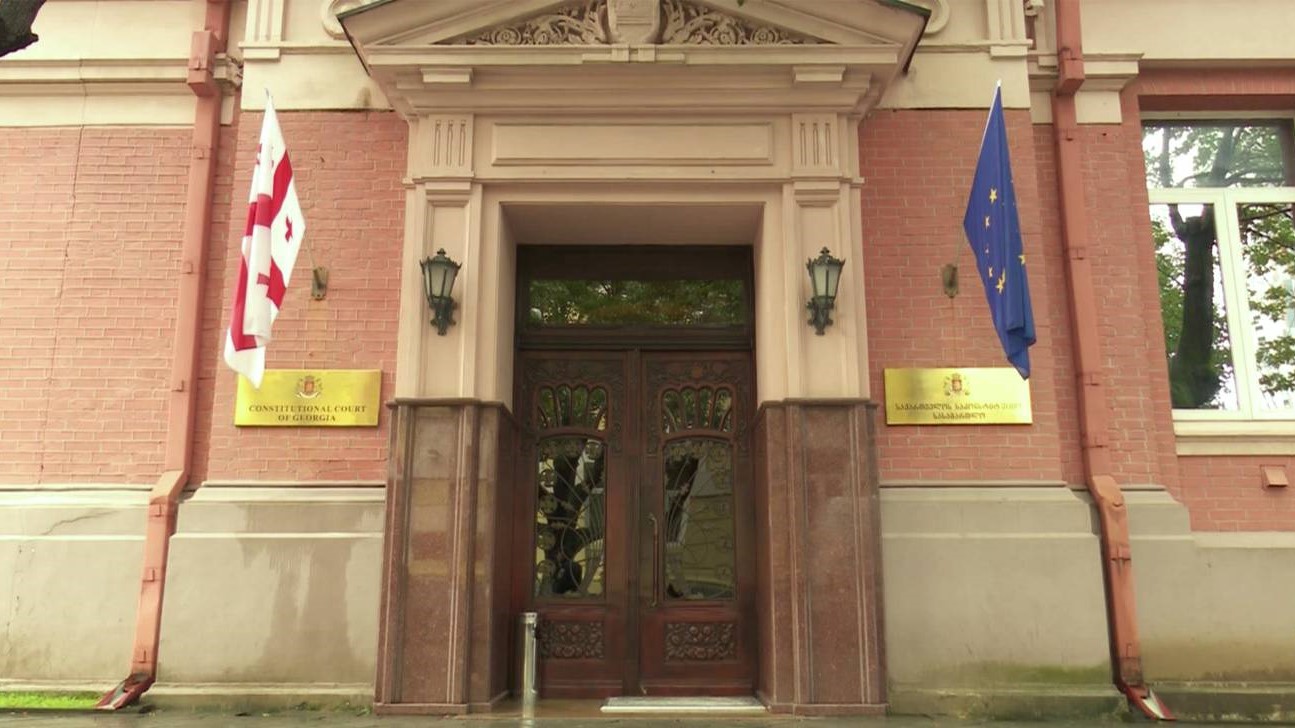With the support of the European Union and the Council of Europe, the Constitutional Court of Georgia continues to offer improved electronic litigation, allowing court users to navigate more easily and get all relevant case-related information. This initiative will refine communication between the court and the public, eliminating technical gaps and reflecting actual needs in online modules of the case management system, in line with the new regulations of the Constitutional Court. This is a key aspect for the stability of and public trust in the electronic litigation performed by the Court, particularly in times of the COVID-19 crisis when e-solutions can be the only way to ensure access to justice.
‘It can be said without exaggeration that this is a substantial project, which significantly simplifies the process of litigation by the Constitutional court for both parties, the applicants and the court itself. On the other hand, the updated database of judicial acts will promote awareness on constitutional practice among legal professionals and the general public”, said Zaza Tavadze, President of the Constitutional Court of Georgia.
The Constitutional court introduced the online case management system to the public in January 2020 with the support of the European Union project EU4Justice. The system gives court users access to case materials and online communication with the court.
This is an activity taking place under the PGG II project “Enhancing the accountability and the efficiency of the judicial system and the professionalism of lawyers in Georgia”.





